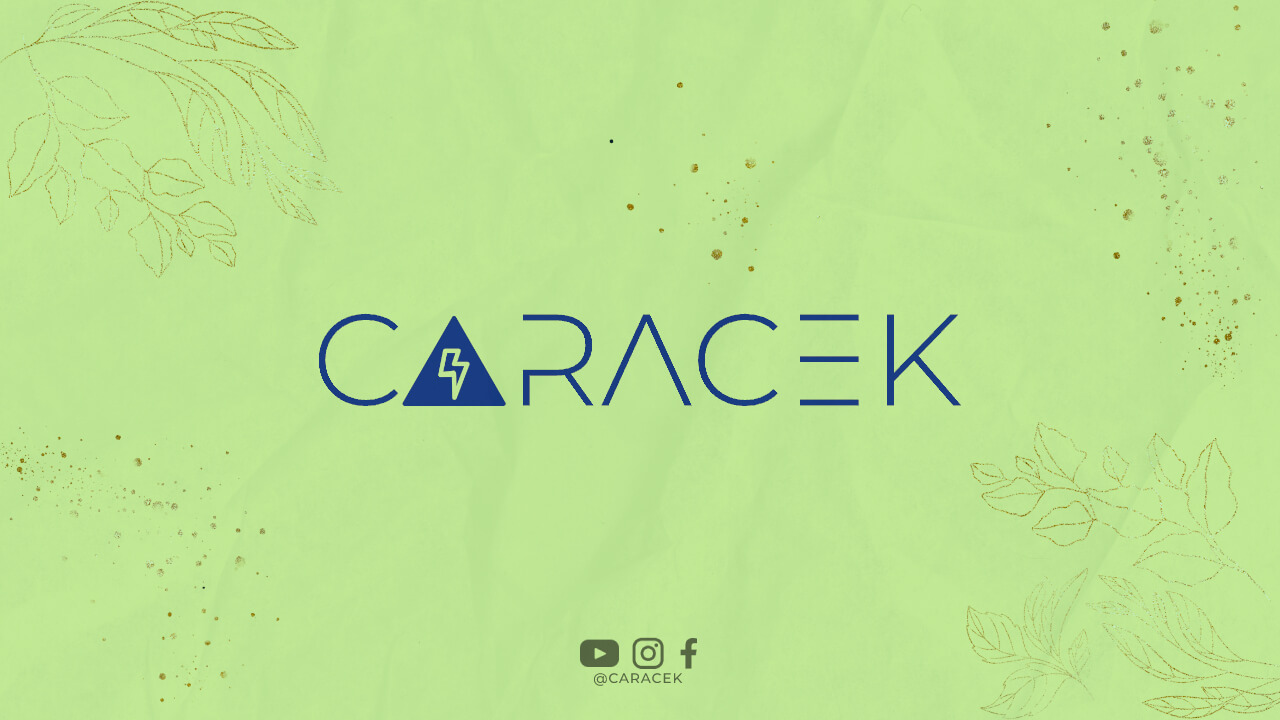Indonesia, the land of diversity, is known for its rich culture, beautiful landscapes, and warm people. Another aspect that sets Indonesia apart is its unique language, Bahasa Indonesia. While the official language is widely spoken and understood, there is also a vibrant and ever-evolving slang language known as Bahasa Gaul.
What is Bahasa Gaul?
Bahasa Gaul, or Indonesian slang, is an informal language that has gained popularity among the younger generation. It is a way for Indonesians to connect, express themselves, and add a touch of humor to their conversations. The use of slang words and phrases has become so prevalent that it has become an integral part of daily communication.
Surviving in Indonesia without understanding Bahasa Gaul can be a challenge. It’s like missing out on a secret code that everyone else seems to understand. By learning and embracing Bahasa Gaul, you can easily navigate social situations, make new friends, and even impress the locals.
Common Bahasa Gaul Phrases
1. “Mantap” – This word is used to express agreement or to show that something is cool or awesome. For example, “Film ini mantap banget!” means “This movie is really awesome!”
2. “Jomblo” – This slang term refers to someone who is single or without a partner. It is often used humorously or to tease someone about their relationship status.
3. “Gue” – This is a more casual way of saying “I” or “me” compared to the formal “saya.” It is widely used in Bahasa Gaul and adds a personal touch to conversations.
4. “Ngebut” – This word means to go fast or accelerate. It is commonly used when talking about driving or doing something quickly. For example, “Ayo, ngebut kita sampai lebih cepat!” means “Let’s go fast and arrive early!”
5. “Capek” – This word translates to “tired” in English. It is often used to express exhaustion or to complain about being worn out. You might hear someone say, “Hari ini kerjaannya capek banget!” meaning “Today’s work was so tiring!”
Embracing Bahasa Gaul
The best way to learn and embrace Bahasa Gaul is by immersing yourself in the local culture. Interact with the locals, engage in conversations, and don’t be afraid to ask for explanations when you come across unfamiliar slang words or phrases.
Another great way to get familiar with Bahasa Gaul is through popular Indonesian movies, music, and TV shows. These forms of entertainment often incorporate slang words and phrases, providing an enjoyable and educational experience.
Online platforms and social media can also be valuable resources for learning Bahasa Gaul. Follow Indonesian influencers, join online communities, and read content written in Bahasa Gaul to stay updated with the latest slang terms and their meanings.
It’s important to remember that while Bahasa Gaul is fun and widely used, there are certain situations where formal language is more appropriate. In professional settings or when interacting with older generations, it’s better to switch back to the formal language to show respect.
The Benefits of Learning Bahasa Gaul
By mastering Bahasa Gaul, you open yourself up to a whole new level of connection with Indonesians. It helps break down barriers, create stronger bonds, and show your genuine interest in the local culture.
Furthermore, understanding Bahasa Gaul can be a useful tool for navigating your way through Indonesia’s bustling streets, markets, and public transportation. It allows you to ask for directions, negotiate prices, and interact more confidently with locals.
Conclusion:
Bahasa Gaul is not just a language; it’s an expression of the Indonesian spirit, creativity, and sense of humor. By embracing Bahasa Gaul, you’ll not only survive but thrive in Indonesia. So, go ahead, mix in some slang words, and enjoy the vibrant and quirky world of Bahasa Gaul!

